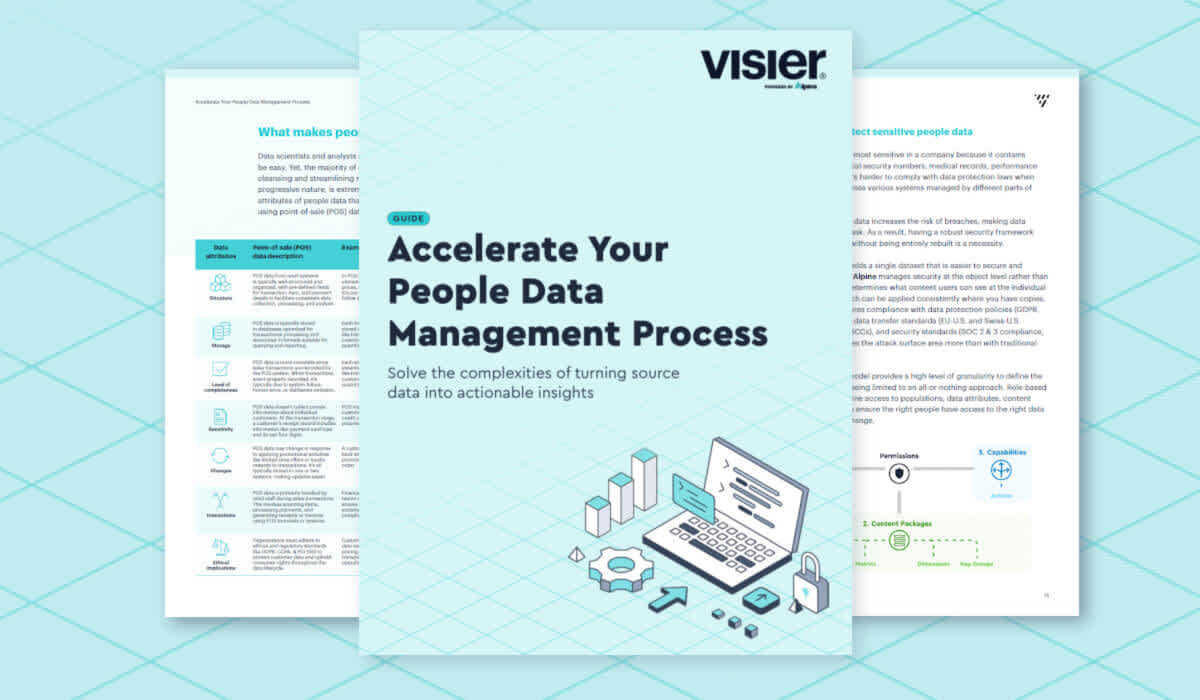What Is NFRD?
The Non-Financial Reporting Directive (NFRD) is a regulatory requirement that's impacted EU member states since 2018.

Beginning in 2018, EU member states were impacted by the Non-Financial Reporting Directive (NFRD). Since then it has expanded to become national law which companies must comply with. The NFRD emerged due to the realization that, in addition to financial risks, companies were also subject to non-financial risks that could impact their viability and reputation. These risks relate to: impact on the environment, employee impacts, human rights violations, corruption and bribery, and board makeup and representation.
While the NFRD is a regulatory requirement, it also provides important information to non-regulatory audiences such as potential investors, customers and prospects—and employees.
What are the NFRD requirements?
The NFRD impacts companies with more than 500 employees—representing about 6000 of the companies in the EU.
Companies are required to disclose information related to their business models, business policies including how they monitor those policies through due diligence, risks and risk management and the key performance indicators (KPIs) they monitor.
There is, however, no specific standard or reporting document required, leaving companies with a fair degree of flexibility—and impacting key audiences’ abilities to compare companies with each other.
NFRD and CSRD
In April 2021 the EU announced the Corporate Sustainability Reporting Directive (CSRD) which amended previous requirements under the NFRD. Unlike the NFRD, the CSRD does have specific reporting requirements, making it easier for audiences—like investors and others—to evaluate companies and their environmental, social, and governance (ESG) efforts against each other. The CSRD was signed into law on November 28, 2022. The CSRD adds an additional requirement that the information companies report is subject to audit.
The requirement applies to large companies and also requires that companies have the information they report audited. Prior to CSRD companies were required to publish similar information under the Non-Financial Reporting Directive (NFRD).
Using people analytics to aid your NFRD efforts
Efforts like NFRD and CSRD send a strong signal to companies that their ESG efforts are important—and under scrutiny. This requires a concerted effort to ensure that companies are capturing and analyzing data across a wide range of metrics. That, of course, can represent challenges for organizations.
Fortunately, people analytics can provide a cost-effective, reliable, and relatively seamless method to gather, analyze and report these metrics, not only to meet regulatory requirements but also serve business needs.
Read more on NFRD:


